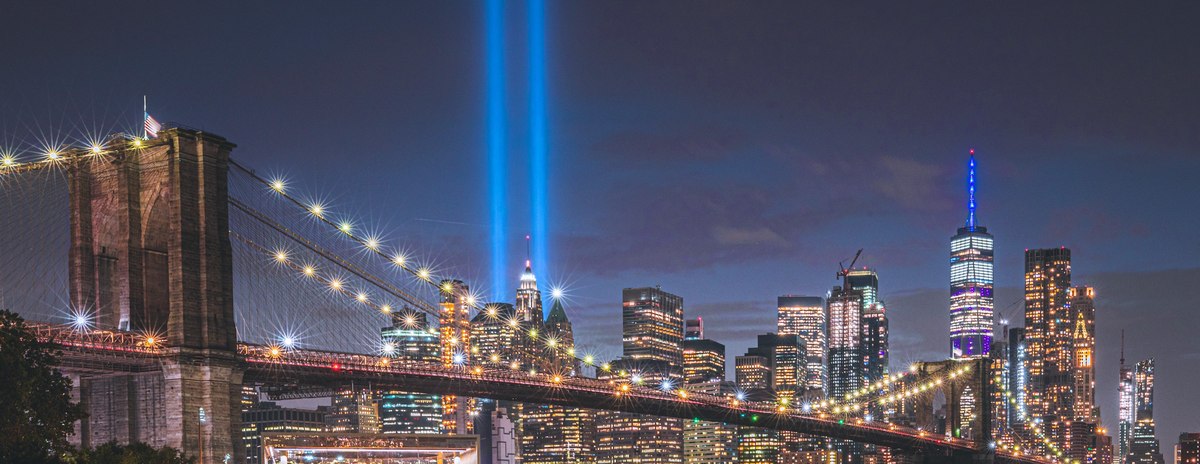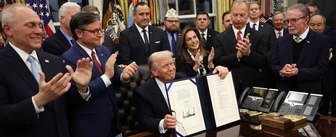Nineteen years after the September 11, 2001 terrorist attacks, Americans aren’t convinced the country is safer today from terrorism, according to recent data from The Economist / YouGov Poll.
Although fewer than one in ten Americans (7%) put the odds of another attack in the next 12 months above 50 percent, just 11 percent think another terrorist attack is only a one-in-a-hundred possibility.
A Republican president was in the White House when the attacks occurred and today, and the GOP is much more confident in the safety of the country. However, Republicans and Democrats don’t differ very much when they assess the possibility of a future attack.
One difficulty the United States has in fighting terrorism is the public’s view of a possible tradeoff between protection and civil liberties. By a wide margin, Americans prioritize civil liberties and civil rights over protection from attack. Given a choice, nearly two-thirds (63%) would protect their civil rights and civil liberties, while 37 percent prioritize protection from terrorist attacks. Supporters of both President Donald Trump and Joe Biden generally agree.
How do Americans identify terrorist acts? Asked about a series of nine violent events, including the killings of Black Lives Matter protestors in Kenosha, Wisconsin, and of a pro-Trump supporter in Oregon, Americans limit what they most often describe as terrorism to two killings by Muslims and the crashing of a plane into an Internal Revenue Service building. Each of those two events had something in common with the 9/11 attacks, either due to the religion of the perpetrators or the use of a plane as a weapon.
The two most recent shootings are more often described as violent crimes or hate crimes. Nearly half of Trump voters label the Oregon killing as a hate crime. Biden voters are more divided, though one in five (22%) of them see the Kenosha killings as terrorism. Only three events stand out as hate crimes to the public. Two involved white men shooting blacks in a church and Jews in a synagogue, while the other was a white man driving his car into an anti-racism counter protest.
Terrorism is an issue that President Trump scores well on. More people approve than disapprove of the President’s handling of jobs and the economy, which is also the case when it comes to his performance in handling terrorism: 45 percent approve and 43 percent disapprove. The President’s overall approval rating remains below water: 54 percent of the public disapproves of how he is handling his job overall while just 42 percent approve.
President Trump has criticized the U.S. response to the 9/11 attacks, but his supporters generally disagree. They are the most likely to believe that the wars in Afghanistan and Iraq were not mistakes, even when the public overall (and most of those voting for Biden) believe they were.
See the toplines and crosstabs from this week’s Economist/YouGov Poll
Methodology: The Economist survey was conducted by YouGov using a nationally representative sample of 1,500 U.S. adult citizens interviewed online between September 6 - 8, 2020. This sample was weighted according to gender, age, race, and education based on the American Community Survey, conducted by the US Bureau of the Census, as well as 2016 Presidential vote, registration status, geographic region, and news interest. Respondents were selected from YouGov’s opt-in panel to be representative of all US citizens. The margin of error is approximately 3.4% for the overall sample.
Image: Getty








